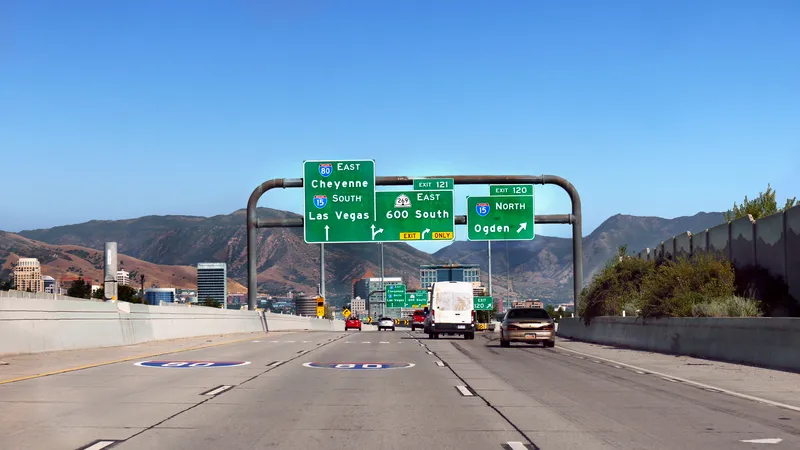The European Governments and EU are subsidising €112 billion each year for the production and consumption of fossil fuels, claims a new report from the Overseas Development Institute and Climate Action Network (CAN) Europe – violating the Paris Agreement’s phase-out plan 2020.
The report, Phase-Out 2020: Monitoring Europe’s fossil fuel subsidies (PH20202) gathered the information from 11 European countries between 2014 – 2016. It revealed the transport sector as the main beneficiary, with more than €49 billion used to support fossil fuels, including tax breaks to reduce the price of diesel.
PH2020 also found that the EU provided an annual average of €4 billion in fossil fuel subsidies through its budget, development and investment banks and funds.
Wendel Trio, director of CAN Europe, said: “The €4bn spent by the EU on fossil fuels, most of which goes to gas infrastructure, locks Europe into fossil fuel dependency for the decades to come. This violates the Paris Agreement’s requirement to make finances work for the climate.”
Other findings include industry and business benefitted just under €15 billion per year and subsidies for fossil fuel exploration in the UK, and France shows €253 million per year in public finance between 2014 – 2016 on finding new resources between 2014 – 2016.
The report makes a series of recommendations urging European governments to lead the G7 and G20 by their commitment to phasing out fossil fuels by 2020. It also proposes an annual reporting scheme with increased transparency, ensuring energy transitions do not support fossil fuel production and; targeting any remaining subsidies to supporting works and communities to move away from fossil fuels.
Europe spends €112 billion per year on fossil fuels despite Phase-out plans
The European Governments and EU are subsidising €112 billion each year for the production and consumption of fossil fuels, claims a new report from the Overseas Development Institute and Climate Action Network (CAN) Europe – violating the Paris Agreement’s phase-out plan 2020. The report, Phase-Out 2020: Monitoring Europe’s fossil fuel subsidies (PH20202) gathered the information from 11 European countries between 2014 – 2016.
September 29, 2017
Read time: 2 mins








